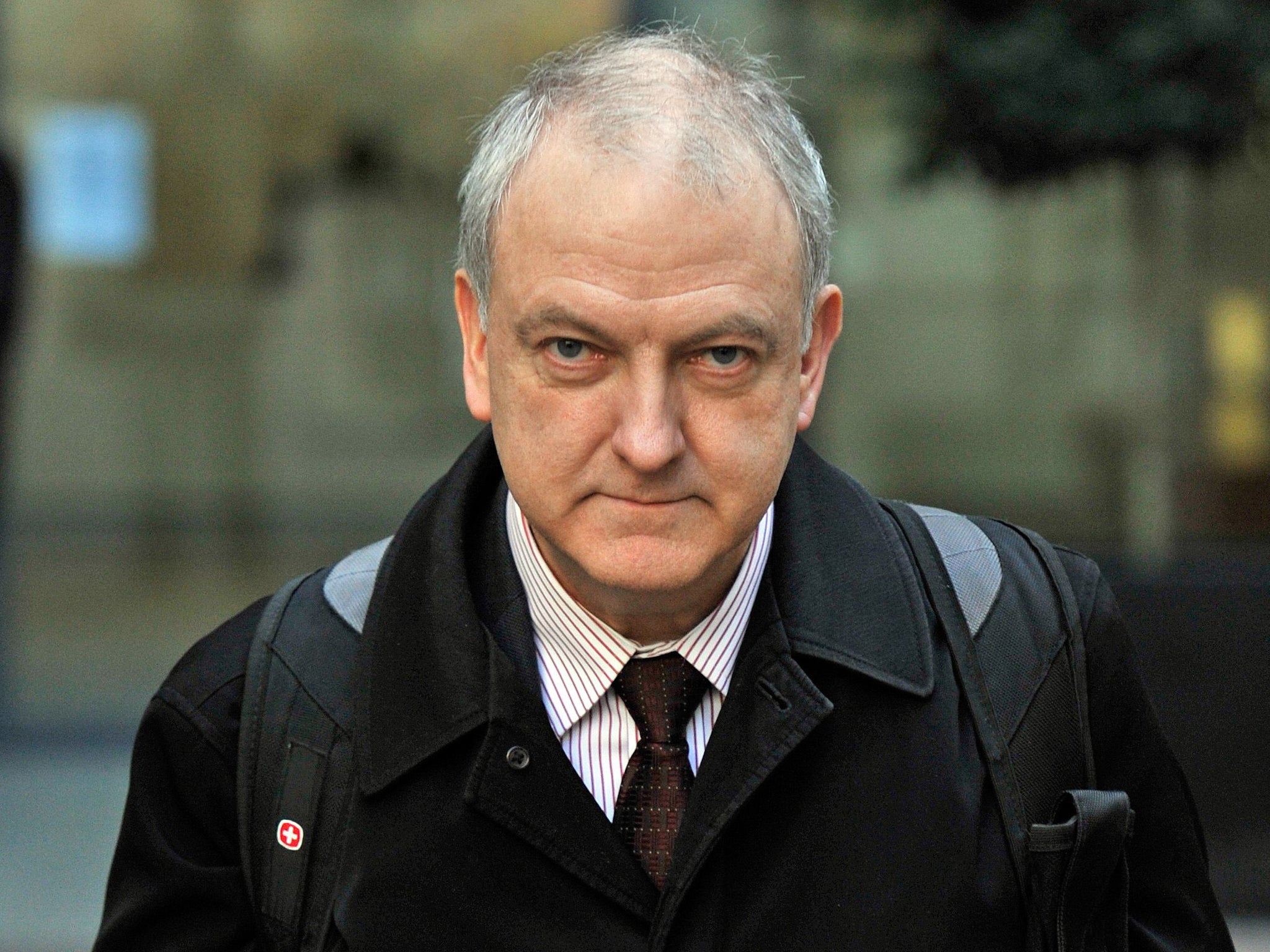Sir Bruce Keogh: The respected doctor exploited for political gains
The distinguished heart surgeon pioneered the publication of surgeons’ performance data to drive up NHS standards

Your support helps us to tell the story
From reproductive rights to climate change to Big Tech, The Independent is on the ground when the story is developing. Whether it's investigating the financials of Elon Musk's pro-Trump PAC or producing our latest documentary, 'The A Word', which shines a light on the American women fighting for reproductive rights, we know how important it is to parse out the facts from the messaging.
At such a critical moment in US history, we need reporters on the ground. Your donation allows us to keep sending journalists to speak to both sides of the story.
The Independent is trusted by Americans across the entire political spectrum. And unlike many other quality news outlets, we choose not to lock Americans out of our reporting and analysis with paywalls. We believe quality journalism should be available to everyone, paid for by those who can afford it.
Your support makes all the difference.Professor Sir Bruce Keogh is the highly respected Medical Director of NHS England – the man that journalists like to dub “England’s top doctor”.
A distinguished heart surgeon, he pioneered the publication of surgeons’ performance data to drive up standards in the NHS – risking the opprobrium of colleagues, but ensuring transparency around surgical outcomes.
He became Medical Director of the NHS in 2007, a role which was transferred in 2013 to NHS England, the independent body created by Andrew Lansley’s reforms to take NHS management out of the hands of politicians.
However, his meticulous reports have been exploited for political ends. A 2013 report on hospitals with high mortality led to claims by the Conservatives of 13,000 avoidable deaths, a figure Sir Bruce said he did not recognise.
More recently, his research into the “weekend effect” in hospitals has helped form Jeremy Hunt’s case for the contested new junior doctor contract. But the editor of the BMJ eventually wrote to the Health Secretary to point out that Sir Bruce’s paper had not confirmed that staffing shortages were the cause of thousands of extra deaths, and Sir Bruce distanced himself from Mr Hunt’s use of the figures.
Now, the revelations that his letter to the BMA on the junior doctor strike was heavily doctored by the Department of Health will raise questions over the operational independence of NHS England when politics is at stake.
Join our commenting forum
Join thought-provoking conversations, follow other Independent readers and see their replies
Comments